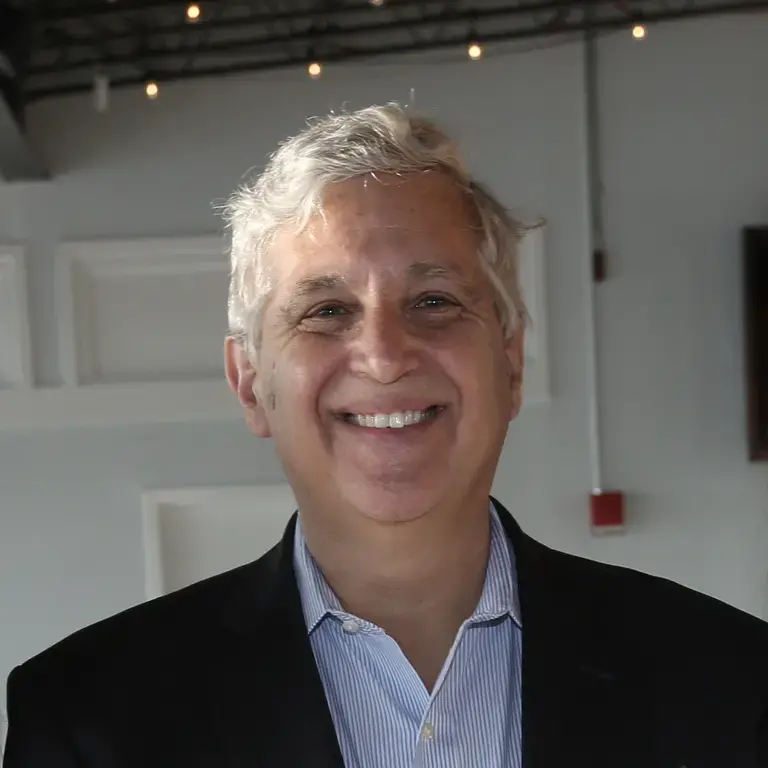Maurice Wiggins recently joined Dr. Steve Safier and Laura Guerrieri’s Integrated Talent Management class to discuss corporate diversity, equity, and inclusion (DEI) practices.
Wiggins has spent more than fifteen years leading and building organizations by providing strategic human capital management (HCM) counsel. He is currently a global diversity, equity, inclusion, and belonging partner for multiple lines of business at Google [Labs + Research Product Areas] in New York City.
Here are some highlights from the class:
On the need to support DEI within the business
Wiggins spoke about the power of embedding DEI professionals into several lines of business to ensure that leaders keep an inclusive lens at the forefront of decision-making and operations. This includes enhancing diversity through workforce planning, hiring, and interviewing as well as through leadership assessments, succession planning, and talent management.
On the evolving world of DEI
DEI efforts, Wiggins said, must not only focus on today’s workforce but ensure there is a pipeline of talented and diverse employees for the future. DEI has also expanded to consider cultural differences, accounting for how people identify and allowing for more fluidity and nuance. “At its core,” he said, “inclusion is about feeling safe and belonging to your organization just as you are.” Wiggins advises his leaders to know the goals and interests of their workforce. In fact, at some tech companies (Google, for example), employees are encouraged to spend 20 percent of their working time on projects and missions about which they are most passionate—internally or externally. Practices like this one, Wiggins said, feed employee engagement and lifelong curiosity.
Good for people? Good for business? Or both?
Wiggins and students in the class discussed the tangible benefits of DEI, noting that DEI business initiatives are not a zero-sum game. The class discussed how “it’s not either/or, but both.” DEI is good for a company’s culture and can promote psychological safety for employees who can, in turn, be empowered to innovate. It’s important that employees feel they are “not the only one” of any group, affinity, or demographic, he explained. It also helps to have a diverse group involved in the production of a company’s products. Otherwise, Wiggins said, “the market will reject the products.” He added, “Customers tell us … ‘I have to see myself in your products.’ ”
Changing data, changing strategy
These types of conversations are now more prevalent in organizations of all sizes, said Wiggins. Smart organizations are humanizing their data and using employee engagement as a thermometer. Leaders can and should be responding in real time. They are being called upon to use their positional power to create safe environments, making a significant change in their thinking to include psychological safety.
Advice for students
“Connect, connect, connect,” said Wiggins. Connect with your peers and colleagues, and be passionate about your work. “Think about what you care about. You’re already investing time in your education. Be intentional about your next steps—you have the right to do what you want to do!”




